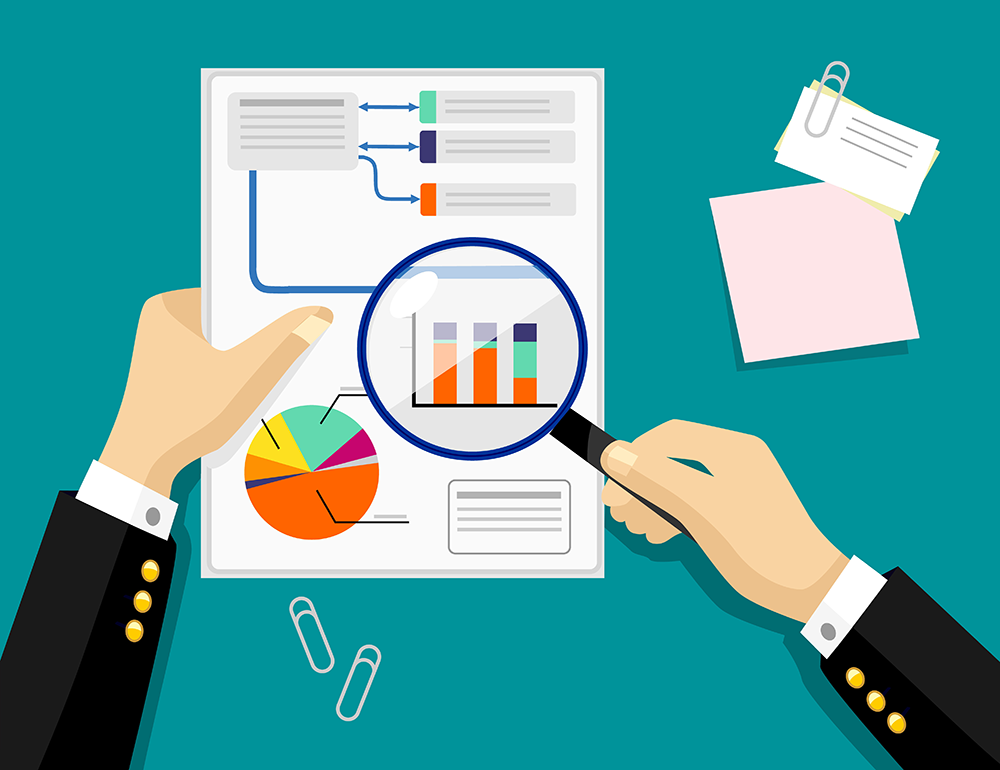ADRIAN CLARKE – ANALYTICS TALENT MANAGER DISCUSSES HOW BUSINESS & ANALYTICS SKILLS ARE MERGING TO CREATE HIGH OPPORTUNITY DATA ROLES ACROSS DIGITAL & AI.
Everyone has accepted that data skills are in vogue. What’s more is how dynamic that demand is particularly in the Irish jobs market. Organisations have grown up and aren’t just talking about ‘all of that rich data’ but seek to see change with data at the core. This shift is driving great talent to recognise new unprecedented niches & the opportunity to be truly specialist. In marketing terms – traditional hybrid roles have demanded multiple skill sets- business, marketing and technical— all rolled into one person; a no-brainer! In data terms, however – hybrid has never been so specific.
Web Analytics 3.0
With the growth of the Google Cloud, Adobe Marketing Cloud & the Oracle, Azure, Amazon and IBM cloud offerings – web analytics, in particular, has seen unprecedented hybridization. A digital team for example, may require a digital data analyst or scientist to not only analyse the outputs of data from online and integrated sources but to also come armed with deep knowledge of specific platforms. Delving deeper –consider a data analyst on a digital team utilising google tag manager ‘GTM’ & google search console data.
If the individual is expected to guide the team on sales funnel insights from digital assets – without knowledge of specific nuances in the rollout of GTM – one could see how this may not lead to the most accurate purview!
The opportunity for this hybrid digital marketer and data analyst is seen in how American Airlines have ramped up their use of offline customer data with real-time web data. AA found that owing to the pace of change of assets on its website; often critical customer data had been overlooked. Using a third party data monetisation partner and a combination of advanced tagging and data analysis an ROI of over 400% was achieved. Suddenly data hybrids look far more interesting! More on this case study here.
Enter the CAIO
Google CEO, Sundar Pachai has long touted that artificial intelligence ‘AI’ technologies will completely re-engineer everything that Google currently offers. In fact, at the organisation’s annual developer’s conference taking place this week – a host of voice & image recognition advancements were launched. Just last week on the back of the flurry of discussion at the Irish Future Scope conference – Ireland was celebrated as a high potential location for global AI developments.
At this level, we’re not only seeing hybridisation in the use of data in our smartphones as personal assistants but also in how we are enabling third parties to use our data. This leads to a challenge for data leaders. Forbes reported recently on the ongoing debate at the top table when it comes to responsibility for critical artificial intelligence technologies i.e. should the CIO or CDO hold the keys? Some of those reading this may feel more comfortable in interpreting above as machine learning – we digress! There’s a case for AI falling under the remit of the CDO given the obvious processing of data and for the CIO given the storage and management of customer permissions associated with it. As AI will inevitably involve the CDO, this doesn’t necessarily mean that he or she will be leading that shift however. In some cases it will be the head of another department that asks for an AI solution, while in others the CIO may find an AI solution for the entire organisation.
This hybrid conundrum is perhaps best solved in bringing the best of a CDO, CIO and AI guru together – encompassing the CAIO or Chief Artificial Intelligence Officer; again – highly specific. Kristian Hammond of the Harvard Business Review argues against the hiring of a CIAO arguing that the “Chief of AI is no substitute for effective communication between the people in your organisation with technical chops and those with strategic savvy”.
Respected Chief Data Scientist Andrew Ng from Baidu (China’s global search engine giant) has long argued a case for the CAIO role for every organisation who has committed to the use of AI technologies. With the evolution of IT and the internet, we saw the rise of CIOs to help companies organise their information – even in Ireland, this has taken some time! Andrew argues a case for the CAIO by saying that organisations need someone who can make sure that AI gets applied across silos – highlighting that even in organisations much smaller than the ‘Facebooks & Googles’ of this world that AI needs champions who understand data management & data governance as well as the rapid requirement to apply innovative new technologies. This is one hybrid – which is sure to be hotly debated in 2017.
In March, Alternatives documented the increase in interest amongst Irish organisations in using advanced and intelligent data technologies as organisations ramp up the industrialisation of their data. With data hybridisation clearly becoming a strong theme in terms of technology & leadership, perhaps it’s the case that consumers, data professionals and business leaders are becoming a little more aware and wary of the volumes of data available. One cannot deny however that as the world collectively becomes even more data-obsessed – the ability to bring more than just data skills, but also abstract and left of field knowledge into one’s role- the higher the opportunity that awaits.
Adrian Clarke is Talent Manager for Data Analytics, Insights & CRM at Alternatives.
If this article has struck a chord with you please reach out and contact me at hello@alternatives.ie or call +353 (1) 661 8889.
